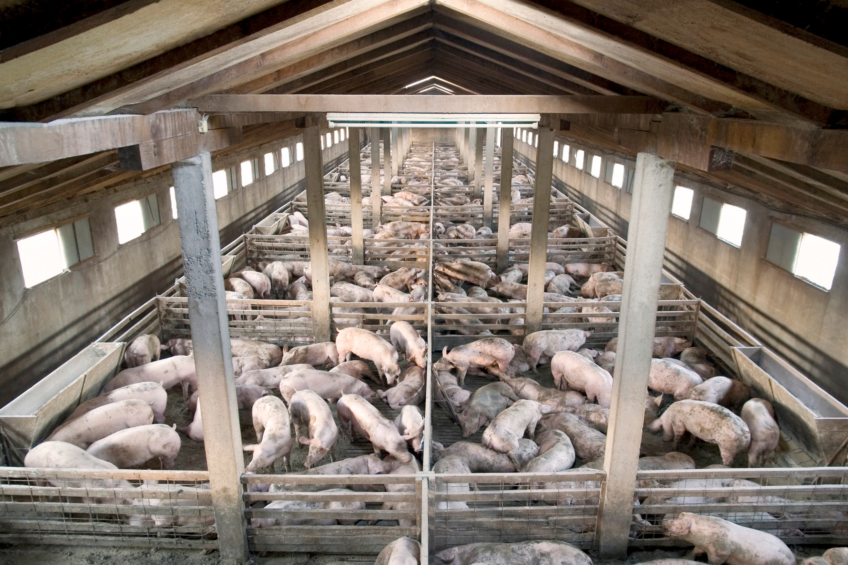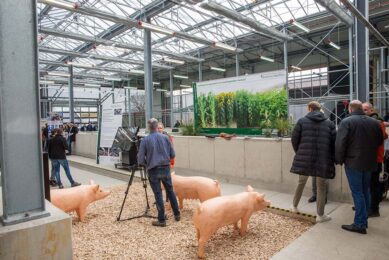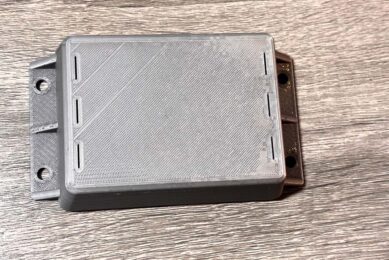Codifying the US Swine Health Improvement Plan: Official programme status about to be achieved

After a concerted long-term industry-wide effort, the US Swine Health Improvement Plan (US SHIP) is about to obtain official programme status with the US department of Agriculture (USDA).
US SHIP is a voluntary programme to establish certifications for pig farms and processing plants related to prevention and handling of potential foreign animal diseases (FADs) including African Swine Fever (ASF) and Classical Swine Fever (CSF). US SHIP is endorsed by the National Pork Board, National Pork Producers Council (NPPC), American Association of Swine Veterinarians, US Animal Health Association and others.
For several years, hundreds of US pig producers, veterinarians and others attended meetings to develop US SHIP. They have discussed and approved programme standards and resolutions that further clarify and define the requirements for a national certification programme for safeguarding and protecting swine health.
Comments provided
In January, NPPC submitted its final comments on codifying US SHIP. Among other things, NPPC pointed out that without US SHIP, an FAD outbreak in the US could stop pork exports for more than 10 years at a cost of $50 billion. Even if the FAD were controlled and pork exports resumed within two years, losses are estimated to be $15 billion.
“US SHIP would allow U.S. pork operations to obtain certification that they are free from FADs,” stated the NPPC on 31 January in a report about its comments. “As is the case for the similar National Poultry Improvement Plan, these certifications could be referenced for interstate commerce and international trade. The plan’s components include traceability of animals, feed biosafety, farm biosecurity, feral swine mitigation, disease surveillance, and transportation sanitation.”
NPPC strongly supports the transition of the program to APHIS (USDA’s Animal and Plant Health Inspection Service), but notes that “US SHIP is designed to be an industry, state and federal partnership. APHIS would be advised on swine health and disease management matters by a committee of pork producers and other industry and state animal health participants.”
Inside US SHIP
US SHIP pulls together the work of a number of Technical Advisory Committees and associated working groups on an as needed basis. These groups assess, review, develop and put forth information that collectively aims to inform proposed updates to the US SHIP Program Standards (requirements for certification).
These groups are focused on biosecurity, traceability and sampling & testing (disease surveillance). Outcomes are brought forward to the US SHIP Program Administration to be considered by the US SHIP House of Delegates.
Enrollment and certification
US SHIP participation is at the level of a given premises (geographic location). Participants are encouraged enroll all of their production sites and/or slaughter facilities. US SHIP states that “obtaining a critical mass of participation in US SHIP is a foundational element necessary towards being able to make tangible progress towards protecting, improving, and being able to represent the health status of pig production operations across supply chains, areas, states, and regions.”











